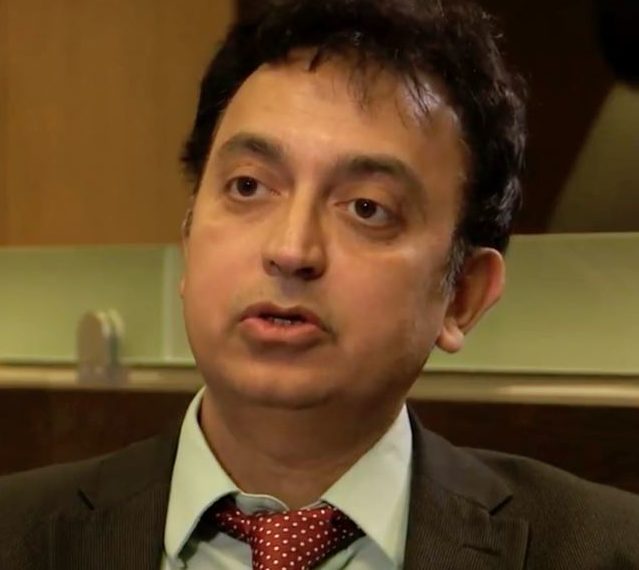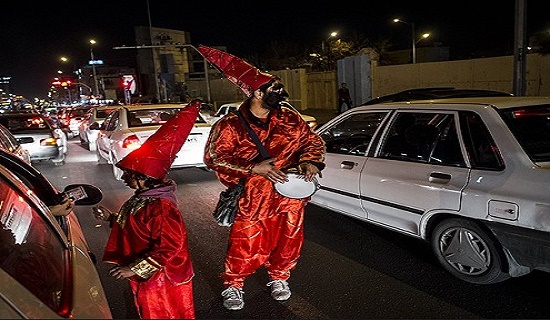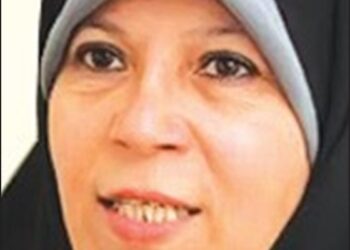September 06, 2019

The UN rapporteur on human rights in Iran says last year saw increasing restrictions on the right to freedom of expression and continuing violations of the right to life, liberty and a fair trial in the Islamic Republic.
Javaid Rehman said in a report to the General Assembly released August 16 that while the number of executions last year was the lowest in Iran since 2007, “the number of executions remains one of the highest in the world.”
The significant decline, he said, is attributed to enforcement of a 2017 amendment to Iran’s anti-narcotics law that saw the number of executions for drug-related offenses drop from at least 231 in 2017 to at least 24 in 2018.
Rehman expressed concern that Iran has more than 80 offenses punishable by the death penalty, including adultery, homosexuality, drug possession, “waging war against God, corruption on Earth, blasphemy and insult of the Prophet.” He said many of the offenses are not considered serious crimes open to capital punishment under the International Covenant on Civil and Political Rights.
Rehman, 52, is a British-Pakistani legal scholar and professor of Islamic law and international law at Brunel University in London.
Rehman wrote in his report that among seven child offenders reported to have been executed in 2018 were two 17-year-olds hanged for alleged rape and robbery. “The two were reportedly forced to confess under torture,” he said.
Rehman reiterated UN human rights chief Michelle Bachelet’s statement that the execution of child offenders “is absolutely prohibited and must end immediately.”
He expressed deep concern at arbitrary arrest, detention, ill-treatment and denial of medical care for dual and foreign nationals, estimating there are at least 30 such cases, including Iranian-Austrian Kamran Ghaderi, who has been detained since January 2016 and is suffering “from a tumor in his leg.”
“There has been no progress made in the cases of arbitrarily detained foreign or dual nationals” aside from Iran’s release in June of Lebanese businessman Nizar Zakka, who has US residency, Rehman said.
“The Islamic Republic of Iran has subjected these individuals to sham trials, which have failed to meet basic fair trial standards, and convicted them of offenses on the basis of fabricated evidence or, in some cases, no evidence at all, and has attempted to use them as diplomatic leverage,” he said.
He also said human rights defenders, members of minority communities, lawyers, journalists including from the BBC’s Persian service, labor and trade union activists and women protesting a law requiring them to wear headscarves “have continued to be intimidated, harassed, arrested and detained.
Rehman said Iranian authorities have also stepped up pressure on trade unionists, truck drivers, teachers, factory workers and others protesting for their labor rights. They have been intimidated, arrested and charged with offenses ranging from “spreading propaganda against the state” to “disrupting public order and peace by participating in illegal gatherings,” resulting in prison sentences and flogging, he said.
Rehman also criticized the US sanctions on Iran, saying they are “felt strongly by ordinary Iranians,” and have contributed to the loss in value of the rial and rise in unemployment and poverty.






















